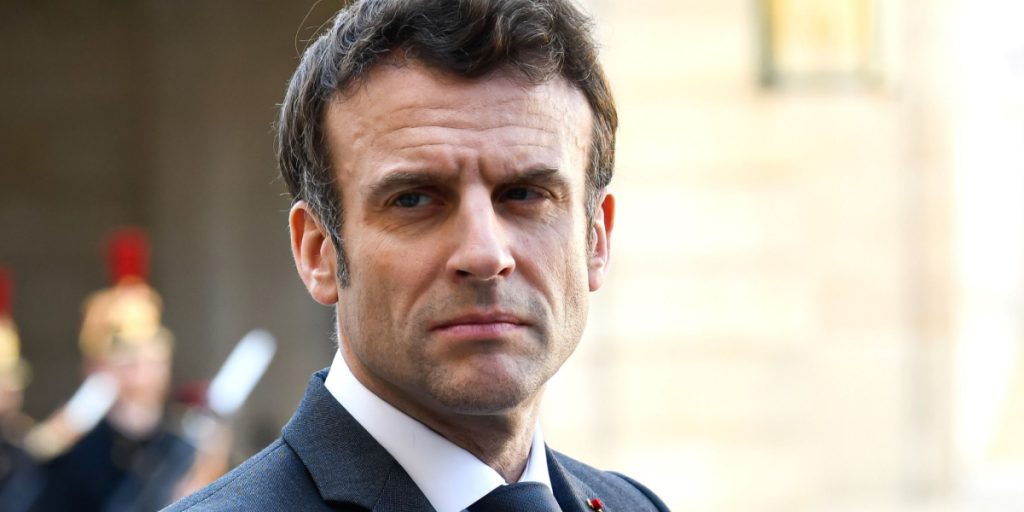Macron dissolves parliament and calls for new elections as polls predict a sharp decline for his party.
Others are reading now
French President Emmanuel Macron has taken an unexpected turn by dissolving the parliament and calling for new parliamentary elections on June 30.
This bold move follows dismal poll predictions for his party, Renaissance, in the upcoming European Union elections.
Macron’s decision comes as a reaction to stark exit polls indicating his party’s plummeting support.
The latest figures show Renaissance receiving only 15% of the vote, a significant drop from the 22.42% they secured in 2019.
Also read
In contrast, Marine Le Pen’s National Rally (RN) is projected to capture over 31% of the vote, solidifying its position as France’s dominant political force.
Responding to the Public’s Voice
The dramatic shift in political tides was underscored by RN’s leader, Jordan Bardella, who urged Macron to heed the electorate’s message.
“We request that he acknowledges the new political landscape and returns to the French people to organize new parliamentary elections,” Bardella stated.
Macron’s Calculated Response
By dissolving the parliament, Macron aims to reset the political stage and potentially regain the confidence of French voters.
This strategic move not only addresses the immediate pressures from RN but also seeks to realign his party’s position in the face of growing dissatisfaction.
As the new election date approaches, the political landscape in France is poised for intense campaigning and debates. The outcome will be crucial in determining whether Macron can reestablish his party’s influence or if RN will solidify its newfound dominance.


